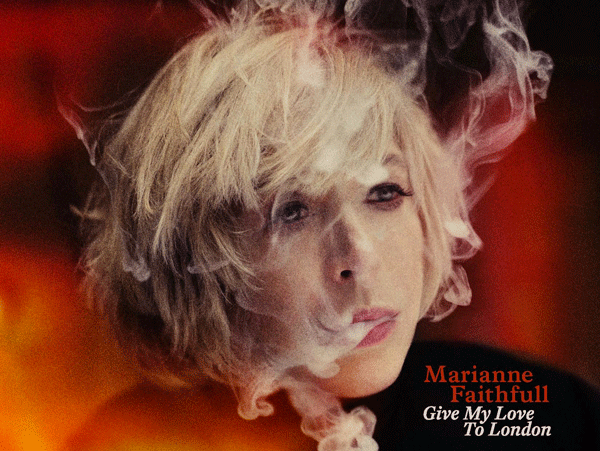Album Flashback #1: Shiina Ringo - Muzai Moratorium
On the 27th May
2013 the anniversary single to celebrate 15 years since Shiina Ringo released
her debut single is out. In the run up we'll be looking at each of her studio
albums. We'll start at the beginning, with her debut album Muzai Moratorium...
Debut albums can never be taken as a bench mark of an artist’s
career - and so it is that Shiina Ringo's debut sounds somewhat tame in
comparison to her later releases. But note the words 'in comparison' - this is
still no ordinary, manufactured J-Pop singer we're talking about. There are
flashes of brilliance on the album in among the vast array of influences. But
if you heard her later work before this album you'd be forgiven for being a
little underwhelmed.
There's a more standard song
structure in play and much more in the line of traditional instrumentation to
be found. The songs too are completely different in style to later material and
although the playful sounds and lyrics are still there they're not yet fully
developed on record. The clever debut single, represented here by a rockier
version, of Koufukuron (trans. A View of Happiness) is still a fun
listen and other highlights include Kabukichou no Jyou (trans. Queen of
Kabukichou), the fixation with the darker aspects of Tokyo life firmly in
place by the second track. (Kabukichou, for those not in the know, is famous
for its prostitutes and sex clubs - and is oft said to be somewhere a tourist
is not advised to take pictures for fear of having your camera smashed by a
member of the Yakuza.)
Elsewhere there are highlights
aplenty despite the disjointed nature of the album. Tsumiki Asobi (trans.
Playing with Bricks) is much more akin to later songs, with a unique
production fusing koto and beats with a maniacal ease. There are also
though some songs that still don’t gel with this reviewer, Koko de Kiss Shite (trans.
Kiss Me Here) still sounds too normal and Onaji Yoru (trans. The Same
Night) lacks something to make the chanson inspired vocals jump out at you.
More so than any Shiina Ringo album
it works better listened too track by track than as a whole but that doesn't
mean to say it's not a rewarding listen - it's merely the weakest album of an
excellent catalog.
Highlights: Kabukichou no Jyou;
Tsumiki Asobi
Cover Art: Can you spot Shiina
Ringo? A clever reverse CD jacket makes for a curiosity inducing listen.
Meaning: (無罪)Muzai =
Innocence and Moratorium = the end of something. That makes the album title the
very succinct 'The End of Innocence'
Reviewed by Sebastian
Gahan.



